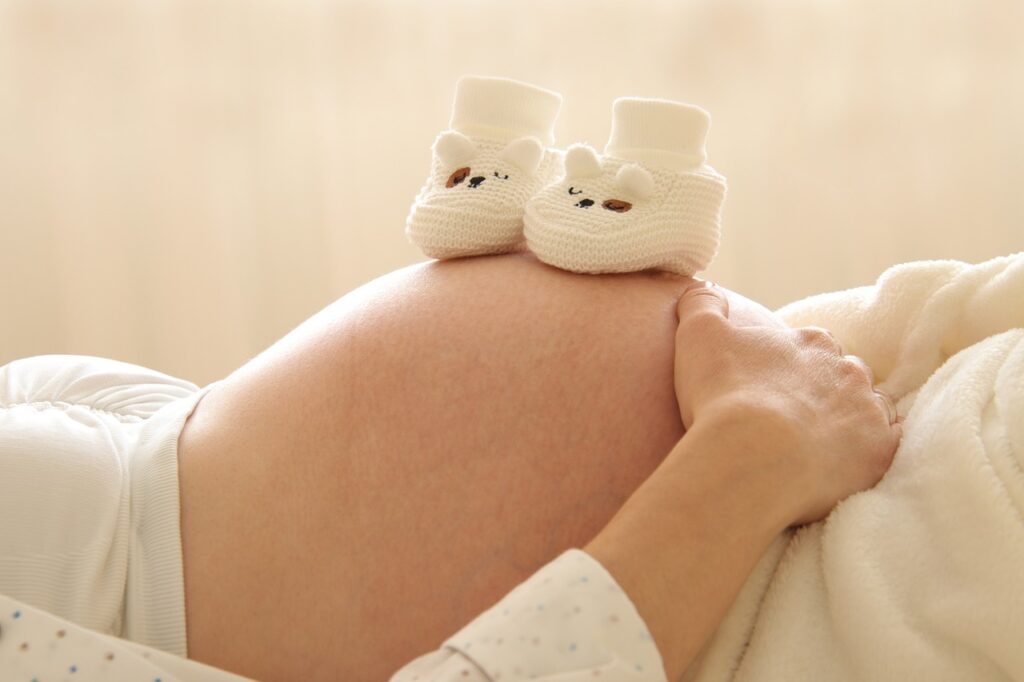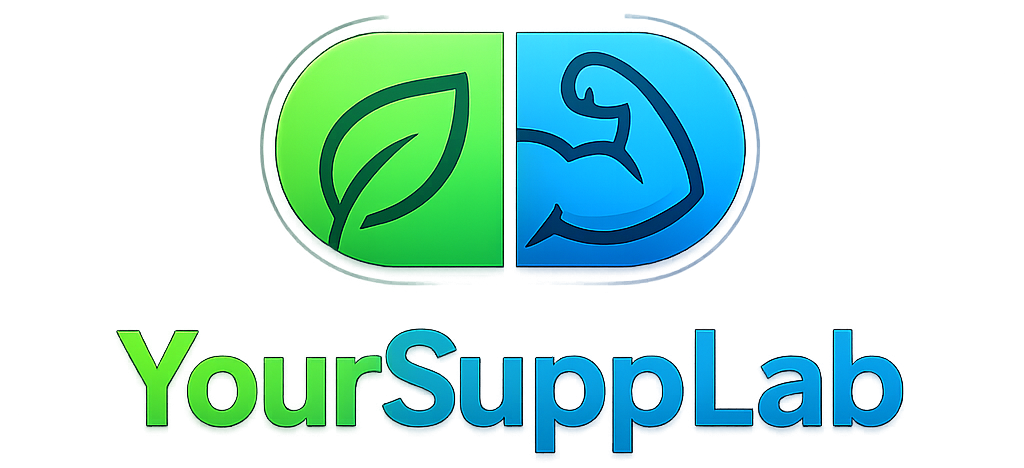Introduction: Sleep Aid in Pregnancy — A Real-Life Challenge
Sleep aid in pregnancy is one of the most commonly searched topics among expecting mothers — and for good reason. Pregnancy is a time of joy and anticipation, but it’s also filled with physical discomfort, hormonal changes, anxiety, and frequent bathroom trips all of which can wreak havoc on sleep.
Many women report experiencing insomnia or poor sleep quality during pregnancy, especially in the third trimester. But when counting sheep doesn’t cut it, is it safe to turn to sleep aids? In this article, we’ll explore what’s safe, what works, and what to absolutely avoid when it comes to sleeping better during pregnancy. We’ll also provide expert-backed tips, natural remedies, and real-life comparisons to help you get the rest you need.

Why Sleep Is So Difficult During Pregnancy
Pregnancy-related sleep issues can begin as early as the first trimester. Let’s break down the most common reasons why sleep becomes elusive:
- Hormonal changes — Progesterone causes daytime sleepiness but can also disrupt normal sleep cycles.
- Frequent urination — Pressure on the bladder increases nighttime bathroom trips.
- Back pain & discomfort — Carrying extra weight shifts posture and adds strain.
- Heartburn or nausea — Particularly bothersome when lying down.
- Restless legs syndrome (RLS) — More common during pregnancy and can severely impact sleep.
- Stress & anxiety — Worrying about childbirth, baby’s health, or life changes keeps the mind racing.
Is It Safe to Use Sleep Aids During Pregnancy?
This is the million-dollar question. And the short answer is: it depends on the type of sleep aid.
While occasional use of certain remedies might be safe under medical supervision, others can be harmful to your baby’s development. That’s why consulting your OB-GYN or midwife before using any sleep aid — even a natural one — is absolutely critical.
Types of Sleep Aids: Safe vs. Risky
| Sleep Aid | Is It Safe? | Notes |
|---|---|---|
| Melatonin | ⚠️ Caution | Some doctors allow low doses, but long-term effects on fetus unknown. |
| Benadryl (Diphenhydramine) | ✅ Generally Safe | Used occasionally for sleep, but should not be routine without approval. |
| Unisom (Doxylamine) | ✅ Often Recommended | Sometimes prescribed for nausea and sleep. Still consult your doctor. |
| Prescription sleeping pills | ❌ Avoid | Drugs like Ambien or Lunesta are not recommended during pregnancy. |
| Herbal remedies (e.g., valerian root) | ⚠️ Not Enough Data | Safety in pregnancy is unclear; should be avoided unless approved. |
Source: National Library of Medicine – Sleep disturbances during pregnancy
Natural and Safe Sleep Aids for Pregnant Women
Fortunately, you don’t need to rely solely on pills to get better rest. Many natural and non-pharmacological options are considered safe and effective during pregnancy.
1. Magnesium Supplements
Magnesium supports muscle relaxation and healthy sleep cycles. Many prenatal vitamins include it, but your doctor may recommend an additional supplement or magnesium glycinate before bed.
2. Warm Baths or Showers
A calming bath before bed can help reduce muscle tension and trigger melatonin production naturally.
3. Pregnancy Pillows
These U-shaped or C-shaped pillows support the belly and back, reducing pressure points and promoting side sleeping — which is ideal for pregnancy.
4. Guided Meditation or Sleep Hypnosis
Apps like Calm, Headspace, or even free YouTube meditations can reduce anxiety and help quiet the mind before bed.
5. Sleep Support Supplements (Safe Blends)
There are some pregnancy-safe blends on the market that include chamomile, L-theanine, and vitamin B6. One notable option is this gentle sleep support formula formulated with expecting mothers in mind.
Real-Life Story: How Sarah Managed Pregnancy Insomnia
Sarah, a 34-year-old first-time mom from Austin, Texas, struggled with terrible insomnia during her second trimester. “I was waking up five or six times a night. I tried everything — counting sheep, hot milk, even reading boring manuals,” she laughs.
Eventually, she found relief with a combination of magnesium spray, a body pillow, and nightly guided meditations. “I didn’t want to take anything strong. I just needed tools that worked with my body — not against it,” she adds. Her story is a reminder that gentle strategies can go a long way.
When to Speak to Your Doctor
If you’re experiencing chronic insomnia — meaning sleep disruption for more than 3 nights a week for over a month — speak to your OB-GYN. Poor sleep is associated with higher risks of:
- Gestational diabetes
- High blood pressure
- Preterm labor
- Postpartum depression
Your provider may suggest a sleep study, recommend CBT-I (cognitive behavioral therapy for insomnia), or help you adjust your diet, screen time, and stress levels.
FAQs About Sleep Aid in Pregnancy
Is melatonin safe during pregnancy?
While small doses are sometimes approved by doctors, there isn’t enough long-term research on fetal safety. Always consult your physician first.
What is the safest sleep aid during pregnancy?
Unisom (doxylamine) is often used, but only under doctor supervision. Natural aids like magnesium and guided meditation are preferred for regular use.
Can poor sleep affect my baby?
Indirectly, yes. Chronic sleep deprivation can impact your overall health, which can affect your pregnancy. It’s important to address sleep issues early.
What’s the best sleeping position in pregnancy?
The left side is generally recommended, as it improves blood flow to the baby and reduces pressure on vital organs.
Are herbal teas like chamomile safe?
Some are likely safe in small amounts, but check with your doctor. Not all herbs are pregnancy-friendly.
Final Thoughts: Sleep Aid in Pregnancy Doesn’t Have to Mean Medication
Finding the right sleep aid in pregnancy can be tricky, but it’s not impossible. The key is to prioritize non-drug options first and always consult your healthcare provider before taking anything new.







